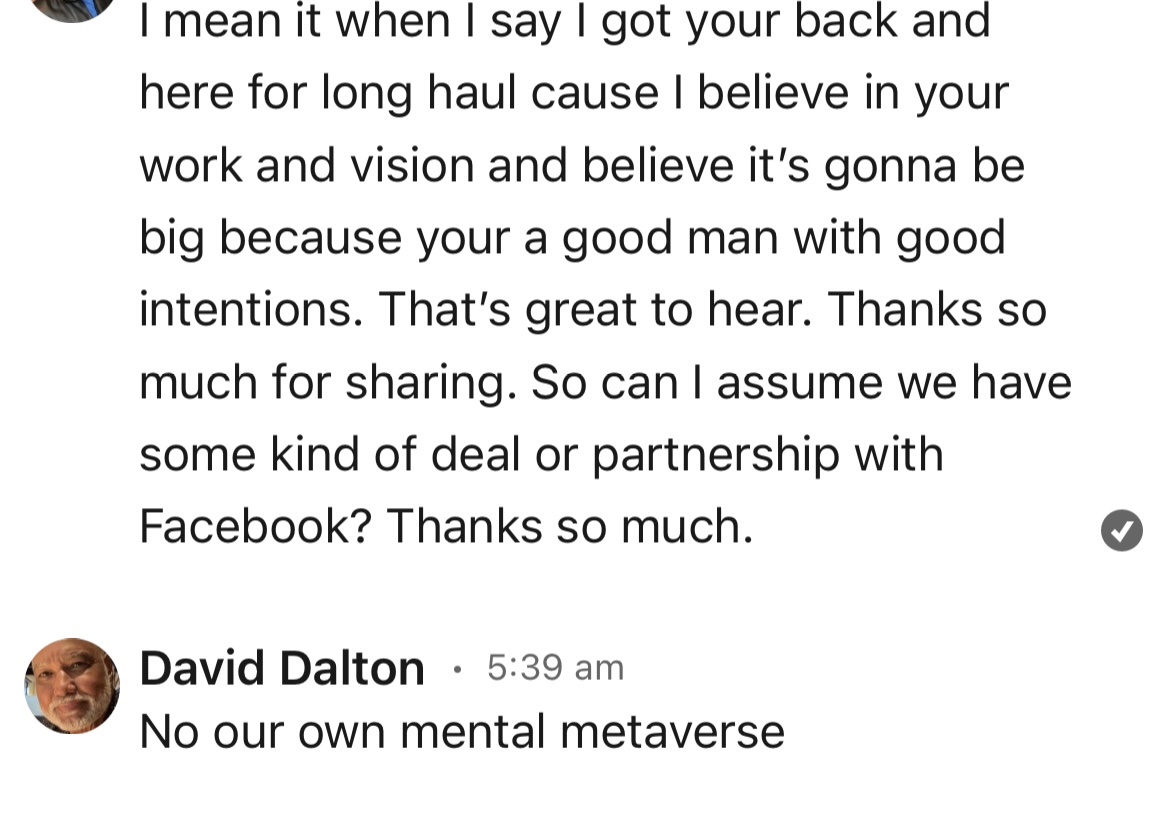Little info on where Dalton is headed with Univec
Post# of 9398
ATA2022: The virtual reality of healthcare in the metaverse'Digital twins' is a virtual model generated using real-world data with the purpose of learning more about the real-world counterpart.
MAY 04MORE ON BUSINESS INTELLIGENCEATA2022: The virtual reality of healthcare in the metaverse'Digital twins' is a virtual model generated using real-world data with the purpose of learning more about the real-world counterpart.
Susan Morse, Executive Editor
Futures Intelligence Group Chief Metaverse Officer Cathy Hackl speaks at ATA2022.
Photo: Susan Morse/HFN
BOSTON – The metaverse, the virtual but very real convergence of technology trends, is going to change our lives as once the internet did, according to Cathy Hackl, chief metaverse officer, Futures Intelligence Group.
The metaverse is the successor state to today's internet. Think of it as Web 3.0, said Hackl, who, as an eight-year veteran in the field, said she is known as "the godmother of the metaverse."
"If the internet changed your business, the metaverse is going to change it once again," Hackl said Tuesday at ATA2022 in Boston.
There's no agreed-upon definition for the metaverse, Hackl said. It is not one single company or technology.
But it is going to change healthcare.
One healthcare function is for "digital twins," a virtual model, or simulation, generated using real-world data with the purpose of learning more about the real-world counterpart, she said.
This bio digital twin can be used to test experimental treatments, according to Hackl.
Holograms for health is another program in which live doctors are able to participate as consultants in surgery in hologram form.
It's both virtual, and real.
Blockchain technology can be used in the metaverse for the management and security of health data. Telehealth can be used to treat patients in new ways.
Investors have taken notice. Funding for U.S. digital health startups that integrate virtual reality or augmented reality technologies is about $198 million and growing.
"Because it happened in a virtual space," Hackl said, "does not make it less real."

 (0)
(0) (0)
(0)